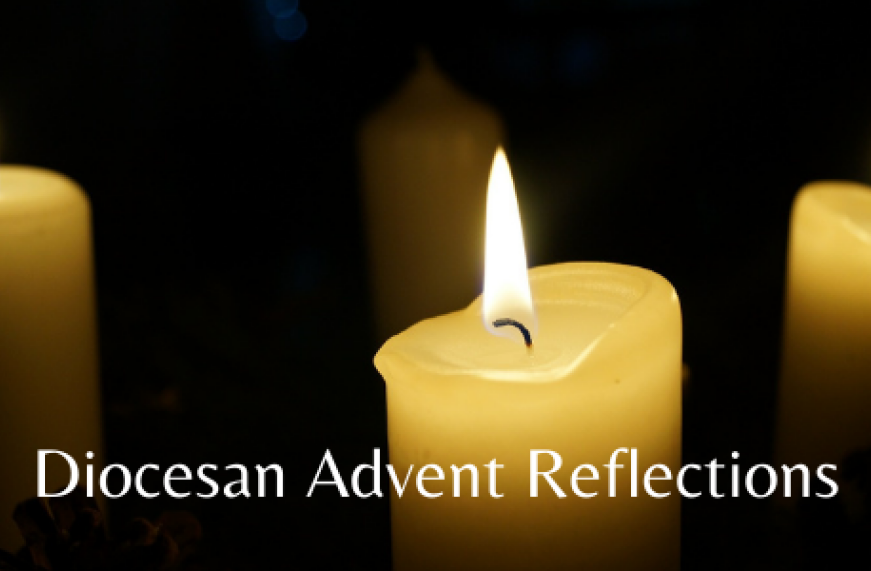Daily Advent Reflection: December 17

Third Thursday in Advent
Psalms 50 · [59, 60] or 33
Isa. 9:18--10:4
2 Pet. 2:10b-16
Matt. 3:1-12
As you would expect, we needed to write these reflections back in November to get them together in order to publish for Advent. So while it's December 17th for you, it's November 6th for me! Can you remember that? It is in the days after the presidential election when all the votes are still being counted. Can you remember the stress, the vitriol, and the uncertainty? I hope that December 17th finds us all in more certain times, but perhaps they aren't.
For most of us during our living memories, Advent has been a time of preparation for Christmas. We clergy attempt to tell our parishioners to slow down and find quiet, even as our lives generally go crazy. This year is different. There has been so much pain and loss in so many areas of our lives. For many people, this year has already been way too slow and quiet. Despite the loud anger in public discourse, this year has been one of isolation and loss of loving voices for far too many.
I often tell parishioners that if anyone tells you they have a perfect understanding of why suffering exists, you should swiftly turn around and walk the other way. The answer we draw from our scriptures around suffering does not answer why it exists but reminds us that God deigns to suffer with us. Jesus often didn't answer his disciples directly — instead telling parables. Likewise, we are not given pat answers about suffering. Still, God points to Jesus in the manger, preaching the Sermon on the Mount, hanging on the Cross, and showing his resurrected body to his disciples. God is with us in our trials and travails, and this is why we can affirm with Julian of Norwich that "All shall be well" in the end.
In our Gospel reading for today, we are given the opportunity to remember that the brith and ministry of Jesus was not during a happy time. Judea suffered under a mad tyrant propped up by an occupying empire that ruled through terror and brutal, sudden violence. The people flock to the wilderness to see John the Baptist, who is preaching repentance. The ax is lying at the tree's root; the winnowing fork is in God's hand. Things are about to change. As Mary sang in the Magnificat, the one who is to cast down the mighty from their thrones and lift up the lowly is about to begin his public ministry after receiving baptism at the hand of John. The wheel of history is turning, and humanity will never be the same. Caesar and Herod are gone, but Jesus remains.
If we are in a different place this Advent, perhaps we are in a place more akin to the place where Jesus, John, Mary, Elizabeth, and Joseph were. All of them made it through the Gospel story with the support of their communities even when they were separated from them. Perhaps this Advent, instead of looking for more quiet and solitude, we should be intentionally seeking out more community. This is true even if that needs to be online or socially-distanced in order to protect those we love. God does not promise us peaceful and quiet lives, but that Jesus will be with us in the struggle, pain and anguish. The communities that support us help embody that presence of God-With-Us, Emmanuel.
While we yearn for the certainty of previous Advents, there is much we can learn by living into our current uncertainty, knowing that Jesus is the Lord of history and will never leave us.
The Rev. David Simmons
St. Matthias Episcopal Church, Waukesha
